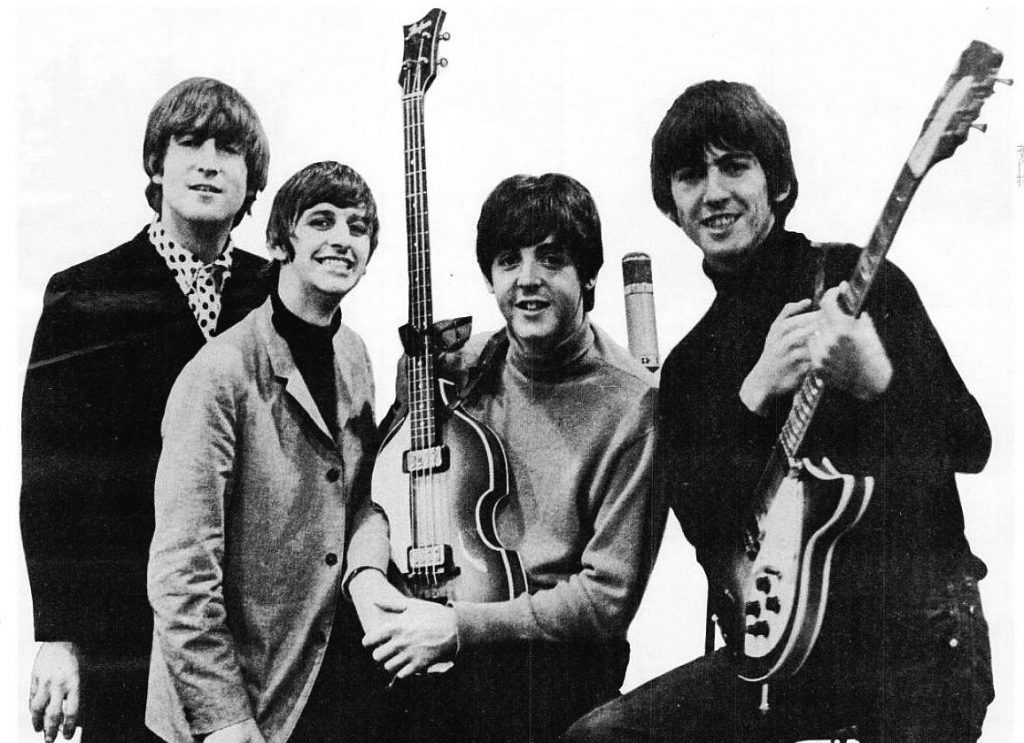Congratulations to John, Paul, George, and Ringo. They made it! Their album “Abbey Road” has reached No. 1 on the British pop music charts. That is not a headline from 1969 but one taken off the internet last week.
I could say something about how one could make a living out of trying to decipher the impact the Beatles made on pop culture, but the fact is, people have been making a living off the Beatles since the group disbanded 50 years ago.
What is it about the Beatles that gives them such staying power? And what does it say about us? And when I say “us” I do not mean just aging baby boomers who are stuck in their peace, love, and understanding worldview, though there are plenty of them still around.
If you doubt that, just watch how media advertising, whether it is a new credit card, a new car, or any number of Madison Avenue “necessities” still markets with themes, music, and attitudes from the 1960s. With the rerelease of the Beatles’ last album, even the digital world has stood up and taken notice.
Such popular digital music sites like Spotify report that a large chunk of the 18- to 35-year-old demographic is listening to the album. And for all those Beatlemaniacs out there, I know: “Let It Be” was the last Beatles album released, but “Abbey Road” was the last album they worked on together as a band.
Is there anything out there in popular culture that was around 50 years ago that still can hold sway with the public imagination? Think about what was going on 50 years before “Abbey Road” was released. World War I had ended only one year before. The hit song of that year was a little gem called “I’m Forever Blowing Bubbles,” and the big singing star was Al Jolson. Now Jolson has a place in pop culture history for sure as the star of the very first “talkie” motion picture in 1927, but in 1969 he was more than yesterday’s news: He was ancient history.
Eighteen-year-olds in 1969 whose grandparents still had 78 LP records of Al Jolson would scoff at the antiquated, 50-year-old sound and style of his music. Eighteen-year olds in 2019 are enraptured by the 50-year-old sound of the Beatles.
Though music has certainly changed a lot in the 50 years after 1969, the gulf is nowhere as large as it was between 1919 and 1969. And the music from “Abbey Road,” which is basically impossible to get away from, sounds of its time but does not sound “old fashioned.” That is just my opinion and open for any number of contrary interpretations. But it cannot be argued that the staying power of this band that was together for less than 10 years is outstanding.
Whether it is at the same time a good thing is also another open flame exposed to flammable material. A half century is a long time (in popular culture terms), and so much of the negative aspects of the Beatles have been sanded down by time. They did promote the drug culture, they did promote “free love,” which is never really free, and they did represent the vertex of the 60s anti-establishment movement.
OK, so I’ve turned into my father after all. I still like the music of the Beatles, their sense of humor and the fact that they were the ones, for the most part, who did not take themselves too seriously. Though one cannot have that much adulation heaped upon them without some of it sticking, all of them, including Ringo, got a little too full of themselves from time to time.
Still, their self-deprecating humor was different from all the other pre-packaged pop idols. And yes, they were just as pre-packaged as Elvis or Ricky Nelson. Still, quotes like this from George Harrison, “If we knew we were going to be the Beatles we would have tried harder…” still crack a smile.
Both Harrison and Paul McCartney were baptized Catholics, and much has been written about the song “Let It Be,” which McCartney insists has nothing to do with the Blessed Mother. We may hear more about that next year when that album’s 50th-anniversary marketing onslaught begins. McCartney wrote “Let It Be,” so he has a right to say whatever he wants about it, but it is nevertheless a beautiful song and in the same free expression and freethinking individualism the Beatles insisted on, I will think of the “Mother Mary” in “Let it Be” my own way. When done, it almost becomes liturgical.

